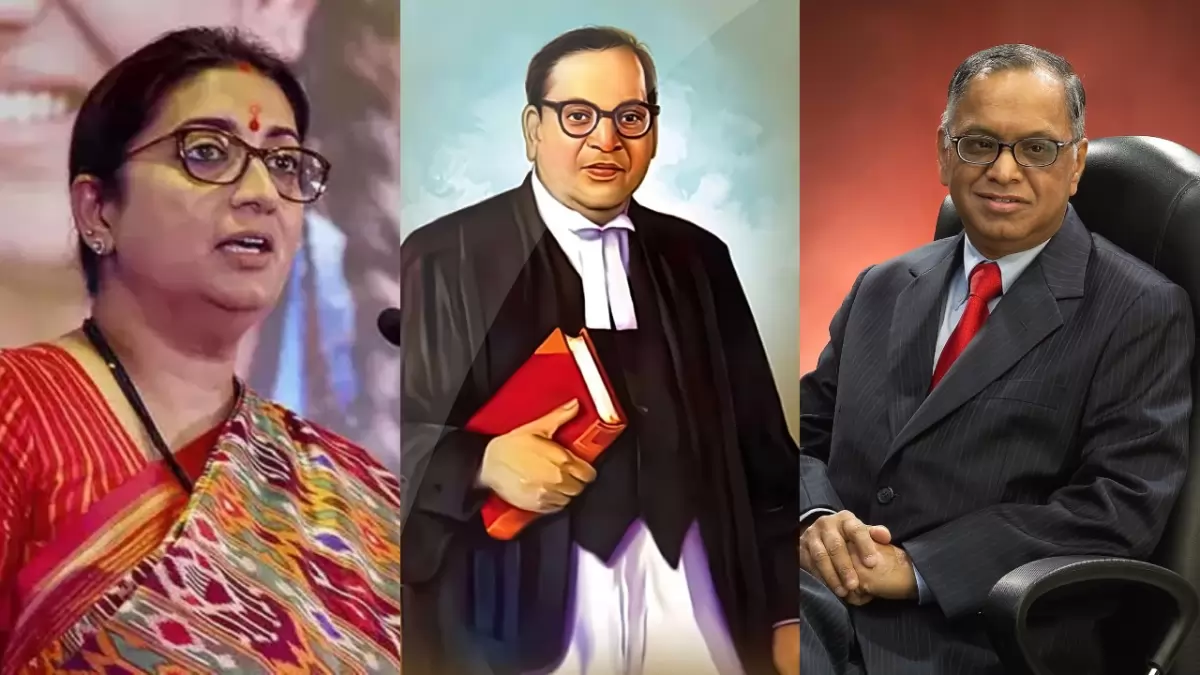
In the fast-paced world of corporate ideologies, the recent assertion by Infosys founder Narayana Murthy advocating a 70-hour workweek raises crucial questions about the delicate balance between professional dedication and the well-being of employees. While Murthy's perspective stems from his entrepreneurial journey, it's imperative to discern the distinction between the founder's prerogative and the expectations laid upon regular employees.
Narayana Murthy's journey as a founder indeed involved unparalleled dedication, often surpassing the conventional 48-hour workweek. However, the essence of his commitment lay in building an empire, not adhering to the norms expected of employees. Drawing parallels between the founder's exertion and that of an employee neglects the nuanced dynamics of their roles.
The concept of a work-life balance has gained prominence over the years, emphasising the importance of personal time, family, and recreation. Advocating for extended working hours risks undermining this delicate equilibrium, jeopardising mental health and overall well-being.
Women and Child Welfare Minister Smriti Irani's controversial statement regarding 'no paid leave for women in menstruation' echoes outdated views that contradict the principles of inclusivity. It is imperative to confront such regressive notions and advocate for policies that support every individual, regardless of gender.
As we delve into the discourse of labour laws, it becomes crucial to acknowledge the pioneering efforts of Dr BR Ambedkar. His tireless advocacy paved the way for the establishment of fundamental labour rights, including maximum working hours, maternity leave for women, and protections against exploitative practices.
The unforeseen challenges posed by the Covid-19 pandemic led to the subtle erosion of labour laws, leaving the workforce vulnerable. As companies scrambled to adapt to the new normal, the very fabric of protection that Dr Ambedkar envisioned was stretched thin.
Amid the rhetoric of unfettered capitalism, it is essential to discern between genuine entrepreneurial spirit and practices that subtly favour a select few. The call for extended working hours and restrictive policies disproportionately affects the rank-and-file employees, perpetuating a system that benefits the few at the expense of the many.
In the pursuit of a fair and just society, Dr Ambedkar's vision remains a guiding light. Labour laws were instituted not as mere guidelines but as pillars supporting the edifice of equality and justice. Diluting these laws undermines the very foundation upon which a democratic society stands.
In conclusion, the discourse around the 70-hour workweek suggestion and the denial of paid leave during menstruation necessitates a re-evaluation of our priorities. As we navigate the complexities of the modern workplace, let us draw inspiration from the ideals of Dr BR Ambedkar. Upholding labour laws, championing work-life balance, and dismantling regressive notions are not mere choices but imperatives in building a just and equitable society.





Copyright © 2025 Top Indian News
